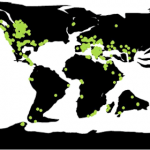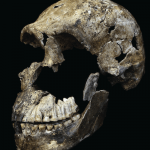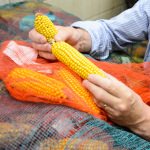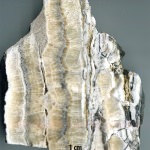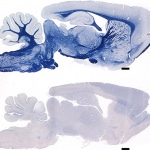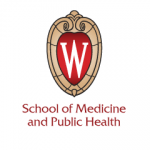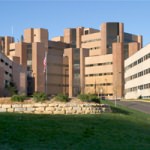Tag Research
UW, GE Healthcare team up to improve medical imaging, patient outcomes
A multi-decade relationship between UW–Madison and GE Healthcare has created a stream of medical imaging inventions that look inside the human body with increasing accuracy.
Triple play boosting value of renewable fuel could tip market in favor of biomass
Technologies for converting non-edible biomass into chemicals and fuels traditionally made from petroleum exist aplenty. But when it comes to attracting commercial interest, these technologies compete financially with a petroleum-based production pipeline that has been perfected over the course of decades.
UW-Madison biochemist wins Shaw Scientist Award
Ophelia Venturelli's research may lead to the ability to engineer behaviors among beneficial microbes in the gut ecosystem, which could be used to enhance their resilience to invasion by pathogens or unintended impairment from antibiotics.
Over-the-counter drugs: Do we take as directed?
A marketing professor is studying how to discourage people with raging headaches from violating drug label directions. His findings could lead to changes in labeling and improved consumer education.
South African cave yields yet more fossils of a newfound relative
The discovery of the new Homo naledi fossils, representing the remains of at least three juvenile and adult specimens, includes a “wonderfully complete skull,” says UW–Madison anthropologist John Hawks.
New center brings together biologists, engineers to improve crops
The phenotyping center at the Wisconsin Crop Innovation Center aims to develop new ways to measure plants and address novel questions about what factors influence crop performance.
Geologists use radioactive clock to document longest earthquake record
UW-Madison geoscience department researchers have peered back in time more than 400,000 years to illuminate a record of earthquakes along the Loma Blanca fault in New Mexico.
New book gives personal account of pioneering Yellowstone research
In a new book, “A Scientist in Yellowstone National Park”, UW–Madison Emeritus Professor of Bacteriology Tom Brock has written a personal account of life as a field researcher.
Analysis: Gender differences in depression appear at age 12
An analysis just published online has broken new ground by finding gender differences in both symptoms and diagnoses of depression appearing at age 12.
Natural experiment, dogged investigation, yield clue to devastating neurological disease
After a 29-year quest, Ian Duncan, a professor of veterinary medicine at the University of Wisconsin–Madison, has finally pinpointed the cause of a serious neurologic disease in a colony of rats.
Marriage made in heaven: Digital inhaler add-on offers slick aid to asthma care
Propeller Health makes an add-on device for inhalers that communicates with a smartphone that records the use of routine preventative medicines and “rescue” medications intended to open constricted airways.
Termite gut holds a secret to breaking down plant biomass
In the Microbial Sciences Building at the University of Wisconsin–Madison, the incredibly efficient eating habits of a fungus-cultivating termite are surprising even to those well acquainted with the insect’s natural gift for turning wood to dust.
UW treats first participant in trial of stem-cell therapy for heart failure
A research team at University of Wisconsin School of Medicine and Public Health has treated its first patient in an innovative clinical trial using stem cells for the treatment of heart failure that develops after a heart attack.
Symposium showcases gamut of student research, some of it already making lives better
A record 683 students took part in the annual celebration of undergraduate research.
Genetics and stress interact to shape human health and well-being
Scientists at the University of Wisconsin–Madison’s Waisman Center have shown one way in which human genetics and chronic stress interact to shape health and well-being later in life.
Morgridge, UW researcher scores in cancer research ‘lightning round’
Scientists get funded for their ideas through a marathon grant-writing process, scores of collaborators, weeks of information gathering and a final product that often tops 250 pages. Melissa Skala’s experience was different: two people, 250 words, in 24 hours.
Protein’s flexibility helps its response to diverse pollutants
How some industrial pollutants or abnormal levels of cellular metabolites contribute to diverse human diseases is now more clearly understood, based on a new study from the University of Wisconsin Carbone Cancer Center (UWCCC) and the McArdle Laboratory for Cancer Research.
Bacterial supermachine reveals streamlined protein assembly line
Biochemists from the University of Wisconsin–Madison and the Max Planck Institute (MPI) for Biophysical Chemistry in Germany have revealed the defined architecture of what is called the “expressome.”




